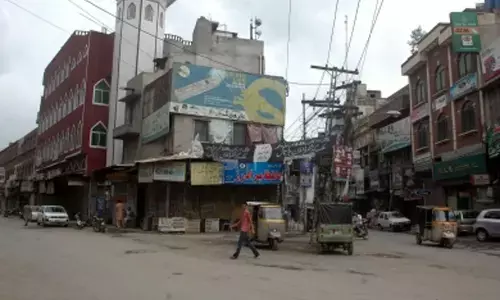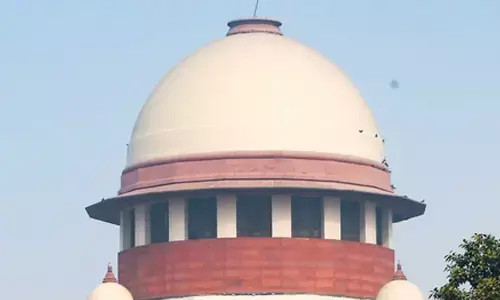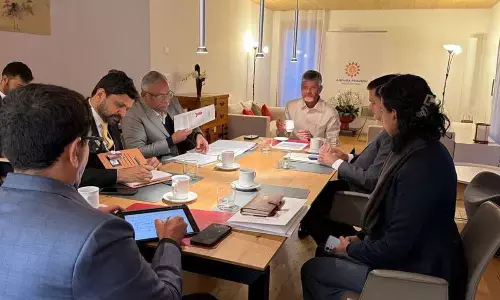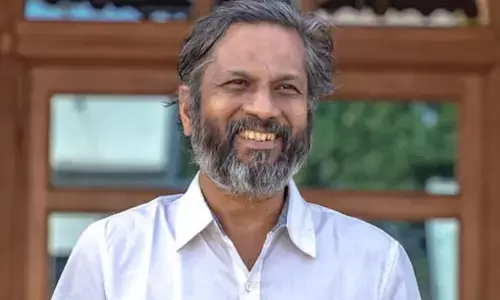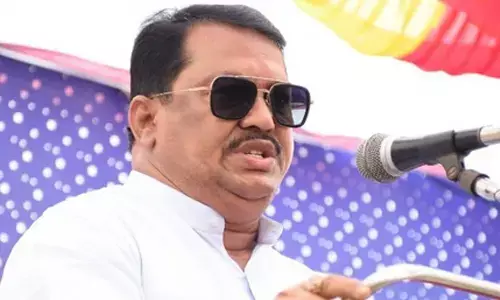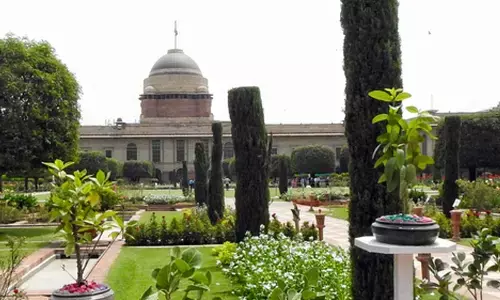How effective has AP's Aarogyasri scheme been?
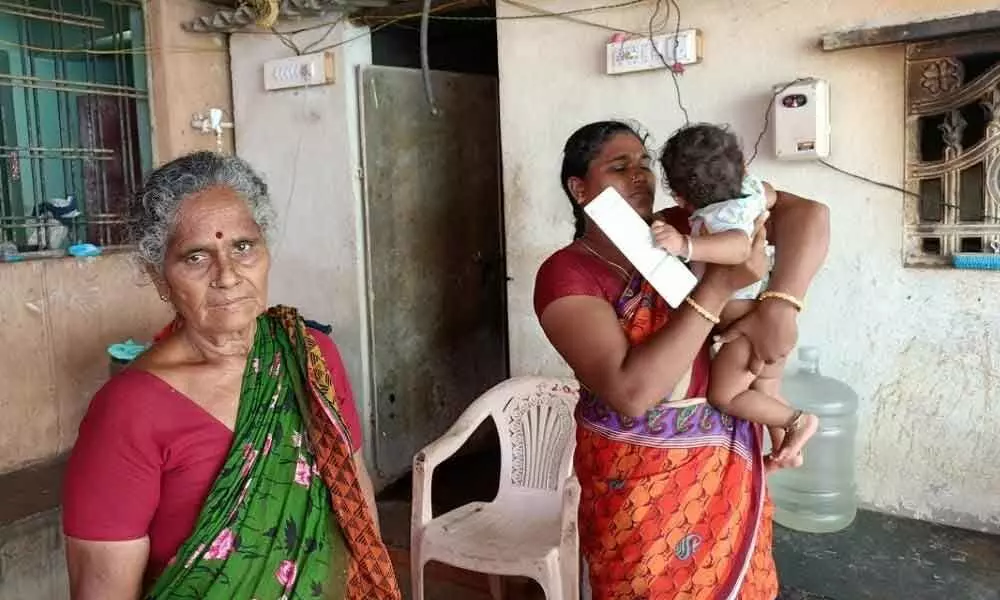
A look at the scheme shows a number of shortcomings such as woes of hospitals as well as nature of appointments of doctors
The Andhra Pradesh government, like many other Indian states, has chosen to bank on insurance to uphold public health. The state's Aarogyasri is among the earliest public health insurance scheme around. But how has it performed in its existence of nearly a decade-and-a-half?
Public health came under the spotlight especially during the second wave of COVID-19, when thousands died for the want of oxygen and hospital beds. This brought health insurance schemes into national discussion.
The Aarogyasri scheme was started in 2007 under the YS Rajasekhar Reddy-led Congress regime in United Andhra Pradesh as the Rajiv Aarogyasri Scheme.
The scheme was rechristened DR NTR Vaidya Seva under the Telugu Desam Party (TDP) regime in 2014. It was later named DR YSR Aarogyasri Health Insurance Scheme by the YSR Congress Party (YSRCP).
Aarogyasri has been lauded for some of the benefits it provides such as for tertiary and secondary care. But it also has a number of shortcomings.
For instance, primary care. "Primary care has to be available within a kilometre from the patients' homes. For this, sub-centres and wellness centres should have MBBS doctors with basic infrastructure. This is not well addressed by the insurance model," Dr C Srinivasa Raju, the president of the Indian Medical Association, Andhra Pradesh chapter, said.
The Andhra Pradesh government has initiated the establishment of health hubs in the state, in which 50 per cent of the beds would be reserved for Aarogyasri. But Raju said these, being driven by profit, would only cover secondary and tertiary services.
Several patients admitted under Aarogyasri at the government's SVRR Government General Hospital in Tirupati, complained of being asked to buy some of the medicines on their own.
A Venkatesh, son of A Yashodamma, a victim of black fungus, had to buy medicines and a device on their own for Rs 3,000.
Similarly, Syed Banu complained she had spent nearly Rs 15,000 on gloves, medicine and other needs for her father's treatment pointing to the lack of sufficient funds for the hospitals.
Nature of appointments
The government recruited nearly 17,315 and 18,763 doctors and staff in 2020 and 2021 respectively. Of them, 3,234 MBBS doctors were appointed on COVID-19 duties this year according to media reports.
These staff, who were appointed on contractual basis at the height of the COVID-19 second wave, had struck work, citing non-payment of salary for 4-5 months.
Healthcare observers said the 30 community health centres in the 13 districts of Andhra Pradesh needed just 120 doctors. This, they said, would avert the need for people to throng to private nursing homes or to the tertiary health centres and avoid overcrowding in them.
"A school teacher is paid Rs 1 lakh. Why can't a specialist doctor be paid Rs 2 lakh who is available 24 hours?" Raju said.
The appointments of a small number of doctors made on permanent basis recently, were likely done in places with a likelihood of medical colleges being sanctioned.
The government announced it would fill up 14,391 posts August 25, 2021 but the nature of these appointments was not yet clear, official sources said.
Aarogyasri in government hospitals
Health officials said Aarogyasri was implemented in government hospitals to incentivise specialist doctors as they got a part of the procedure cost paid by the Aarogyasri trust, along with the nursing and para medical staff. A fixed percentage is also set aside for development of the hospital.
However, a professor of a teaching hospital on condition of anonymity asked, "Were the doctors not doing all complicated procedures in government hospitals for decades? What is needed is proper basic facilities, nurses and para medical staff along with job security. The additional incentive is a double-edged weapon. It would create two classes of patients within the same government hospital." He added specialists of radiology and cardiology did not have equipment to treat patients.
White ration cards have also doubled up as documents to avail of Aarogyasri and fee reimbursement scheme in the colleges of AP. The distribution of these cards was done liberally.
Thus, the state has 14,442,898 ration cards according to the department of consumer affairs, food and civil supplies. This, coupled with an increase in income limit of Rs 5 lakh, has brought almost 96 per cent of the people under the ambit of Aarogyasri, with 14,001,384 separate Aarogyasri cards issued currently.
But being a mere scheme, staff apart from the IAS officer who heads the Aarogysri trust as its chief exceutive, is employed on a contractual basis with fixed salaries, employees state insurance and provident fund facility.
Its expansion at the cost of permanent infrastructure would be costly if any future state government puts it on the backburner.
Hospital woes
A cross-section of empanelled hospitals this reporter spoke to, made it clear that the dues to them from the government were piling up.
But none were prepared to speak on record. They further added charges had not been revised from the inception of the scheme in 2007. But they said they continued to remain part of the scheme as more than half of their patients availed their services through it.
Some patients also cited bad experiences probably arising from this backdrop.
G Aruna, a resident of Kuppam town of Chittoor district, said her husband, G Pushpa Kumar, a dialysis patient under Aarogyasri, availed the treatment for free along with an allowance of Rs 10,000 which he had to spend on medicines and injections.
"We had to spend Rs 1 lakh by borrowing the money but could not save his life as were denied treatment under the scheme," she said.
This situation, doctors said, arose either due to piling up of pending dues from the government which the hospitals wanted to reduce, or they might not be empanelled for that particular treatment under the scheme.
They said the decision to implement AP Allopathic Private Medical Care Establishments (Registration and Regulation) Act, 2002 more strictly will add more burden as they need to have more facilities of their own.
This, coupled with the greed of hospitals, had led to raids on them in the home district of the AP CM at the height of the Covid-19 second wave.
Ayushman Bharat Scheme
The centrally sponsored Ayushman Bharat (PM-JAY Pradhan Mantri- Jan Aarogya Yojana) is being implemented by the National Health Agency and government of Andhra Pradesh by entering into a memorandum of understanding to implement the central scheme. The expenses are shared in the ratio of 60:40 between the Centre and states as is the norm in all schemes.
Though AP has fared better compared to others in allocation to healthcare, it has failed its doctors. The UGC pay scales were due to them from 2016.
But the doctors did not get this benefit until March 1, 2021, that too without being paid the arrears. This, doctors said, halved the pension of doctors who retired before this date as PRC was delayed and pension is paid based on basic pay.
This being the scene, governments found it difficult in getting specialists to work in its hospitals.








